Somewhere in the world, there is, I'm sure, a person waking up to the sound of their Mickey Mouse talking alarm clock from 1974.
They got it for Christmas that year, when they were eight years old, and it still works flawlessly, never having needed any maintenance.
How much of our modern technology could that be said about in 51 years?
FYI On November 19, 2025 a test of the National Public Alerting System (NPAS) will be sent out in all provinces and territories over wireless networks, TV, and radio.
Canadians will receive a test message from their provincial or territorial government. A test schedule can be found on the Alert Ready website. #alertready #NPAS #cdnpoli #polcan #ocanada
Like old Zip disks. What the fuck do I do with these? Still have the old G3 tower but it doesn’t boot up. I have a vague memory of you dealing with this kinda stuff, @jessamyn ?
For our friends in the #USA from the #FCC: On November 20, 2025, the FCC at its Open Meeting will consider a Notice of Proposed Rulemaking (NPRM) which would seek comment on terminating the mandatory status of TTY-based relay service for state-based Telecommunications Relay Service (TRS) programs; facilitate the transition of analog TRS users to Internet-based forms of TRS; propose and seek comment on recognizing IP Speech-To-Speech Relay Service as a compensable form of TRS; explore certifying a national analog relay provider; and seek comment on streamlining TRS provider certification and data collection processes, updating or eliminating obsolete rules, and closing an outdated docket.
The November 2025 Open Meeting is scheduled for 10:30am ET on Thursday, November 20, 2025, and will be held in the Commission Meeting Room, 45 L Street N.E., Washington, D.C. 20554. The FCC meeting is also streamed at www.fcc.gov/live. Open captioning and sign language interpreting will be provided for this meeting. Other reasonable accommodations for people with disabilities are available upon request. E-mail your request to fcc504@fcc.gov or call (202) 418-0530.
Link to the Announcement of the November Open Meeting Agenda:
fcc.gov/document/fcc-announces…
Link to the DRAFT TRS NPRM:
fcc.gov/document/modernizing-t…
For general questions about TRS, visit www.fcc.gov/trs. For specific questions about this draft item, please contact Joshua Mendelsohn, Disability Rights Office, Consumer and Governmental Affairs Bureau, at (202) 559-7304 (voice and videophone) or Joshua.Mendelsohn@fcc.gov.
Astrophotographer snaps 'absolutely preposterous' photo of skydiver 'falling' past the sun's surface | Live Science
This photo is breaking my brain. 🤯
Idea: A remake of Child's Play but instead of Chucky being supernatural, it's just some Silly-con Valley fueled chatbot.
You're welcome.
Re: last noc.social/@todayilearned/1155…) about Mozart's song "Lick me in the arse", I partially read the Wikipedia article, and I have to say, singing a six-voice canon (round) at a party sounds like fun.
After a few intense days with GPT Codex, it’s finally time to officially introduce Sara. #SARA or Simple Accessible Radio Automation, is a program primarily designed for radio presenters who host live shows.
Some notable features that are currently missing from other broadcast solutions accessible to blind users include:
a loop function – especially useful for intros,
a flexible number of playlists and players,
and a news editor module with the ability to embed audio clips that can be played while reading the news.
The application is 100% vibe-coded, and it’s definitely not recommended to test it during a live broadcast. It requires several sound cards to operate, and for now, I’m not planning to add any virtual audio routing like the one found in Radioboss or SPL. The program is and will remain open source, and perhaps someone interested in contributing will join the project.
In terms of screen reader compatibility, the main focus is on NVDA.
Happy testing: gitrls.com/michaldziwisz/sara/
reshared this
Dress for the bike lanes you want, not the bike lanes you have 😎
Dress designer: Athena Macke
Source:
mastodon.online/@adfc_karlsruh…
ADFC Karlsruhe (@adfc_karlsruhe@mastodon.online)
Attached: 3 images "Gleichberechtigt ins Fahrradland - Warum die Mobilitätswende eine Geschlechterfrage ist." Boris von Heesen eröffnet die #adfcBHV2025 in #Berlin.ADFC Karlsruhe (Mastodon)
• Added password-protected PDF support!
• Added a very basic go to previous/next position feature. If you press enter on an internal link and it moves your cursor, that position will now be remembered, and can be navigated to with alt+left/right arrows.
• Added an elements list! Currently it only shows a tree of all the headings in your document or a list of links, but there are plans to expand it in the future.
• Added an option to start Paperback in maximized mode by default.
• Fixed links in some Epub documents not working properly.
• Fixed parsing Epub TOCs containing relative paths.
• Fixed some epub documents not showing a title or author.
• Fixed the titles of some epub chapters not showing up properly in the TOC dialog.
• Fixed you not being able to use the space bar to activate the OK/cancel buttons in the TOC dialog.
• Improved the handling of headings in Word documents.
• You will now get spoken feedback if the recent documents list is empty when you try to bring up the dialog.
Download: paperback.dev/downloads/
Enjoy!
reshared this
Lawmakers Want to Ban VPNs—And They Have No Idea What They're Doing eff.org/deeplinks/2025/11/lawm…
I'm gonna be honest here: banning VPNs is not the solution. People who want to find content like porn will get it one way or another. It is going to harm legitimate users who use VPNs for security reasons, like on public WiFi or for getting inside a corporate network. I can't log into any of our servers/cloud w/o a VPN. All remote employees use a VPN. We replicate data between 2 data centers using a VPN
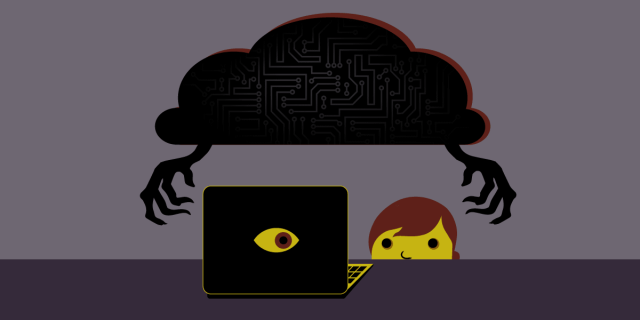
Lawmakers Want to Ban VPNs—And They Have No Idea What They're Doing
It's unfortunately no longer enough to force websites to check your government-issued ID before you can access certain content, because politicians have now discovered that people are using Virtual Private Networks (VPNs) to protect their privacy and…Electronic Frontier Foundation
Barely inaugurated, REM employees protest at Deux-Montagnes station
ctvnews.ca/montreal/article/ba…
I was thinking the thing breaking down on the first day. Not a labour action.
(don't get me wrong, I really look forward to use it)

Barely inaugurated, REM employees protest at Deux-Montagnes station
Following the announcement of the inauguration of 14 new stations on the new Deux-Montagnes branch of the Montreal light-rail line (Réseau express métropolitain - REM), REM employees staged a small protest on Saturday against their working conditions…The Canadian Press (CTVNews)
Mike Gorse reshared this.
Accessi Frotz - Nathan Tech
View football matches accessibly with this program if you are a screen reader suer.www.nathantech.net
@matt @fastfinge There are definitely some ridiculous modern software practices that are incredibly wasteful in terms of energy, resource utilisation, state sponsored surveillance, and the like.
then again, constantly maxing out your storage medium and memory capacity isn't a great recipe for innovation either. You said it yourself; they literally had to leave out the assistive technology because it wouldn't fit. A state of affairs that people would quite rightly find astonishing if it happened today (outside of embedded hardware where the resource constraints are serving to make the tech more exclusionary).
🇨🇦Samuel Proulx🇨🇦 likes this.
i love the ones that are just normal curl behavior
like yeah if you download a .curlrc its gonna download it to .curlrc
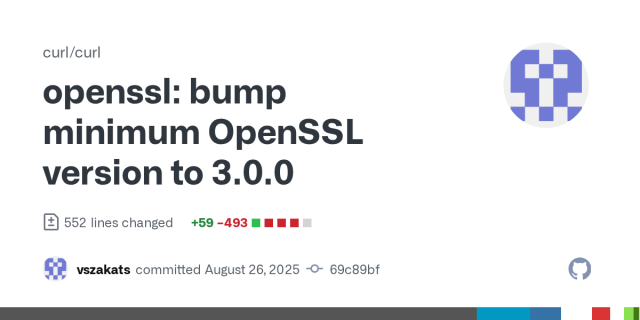
openssl: bump minimum OpenSSL version to 3.0.0 · curl/curl@69c89bf
It also means that all supported OpenSSL versions and forks support TLSv1.3 after this patch. It reduces `openssl.c` size by more than 10%, or 400 LOC. Ref: #18822 Closes #18330GitHub
In den letzten Jahren habe ich mit Therapeutinnen und Psychiater daran gearbeitet und konnte dieses Schema in diesem Jahr endlich ablegen
1/3

Sinead O'Connor Live at AB - Ancienne Belgique
Sinead O'Connor Live at AB - Ancienne Belgique 30/09/20140:39 Queen of The Denmark5:34 4th And Vine9:53 Take Me to Church13:36 8 Good Reasons17:05 The Wolf i...YouTube
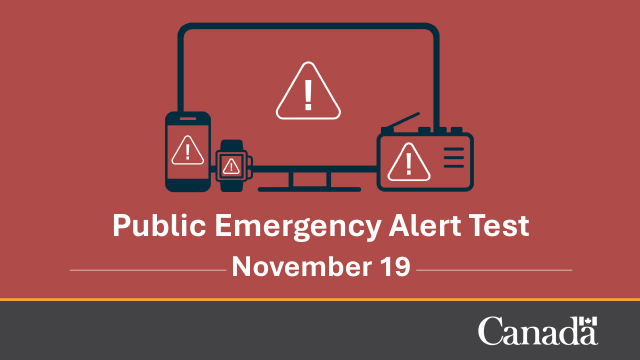
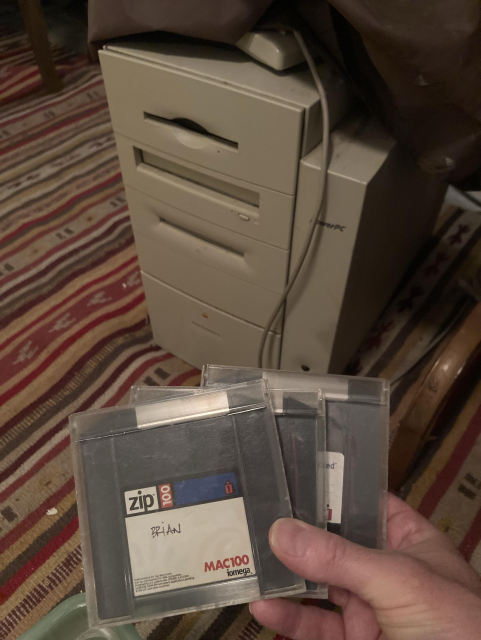
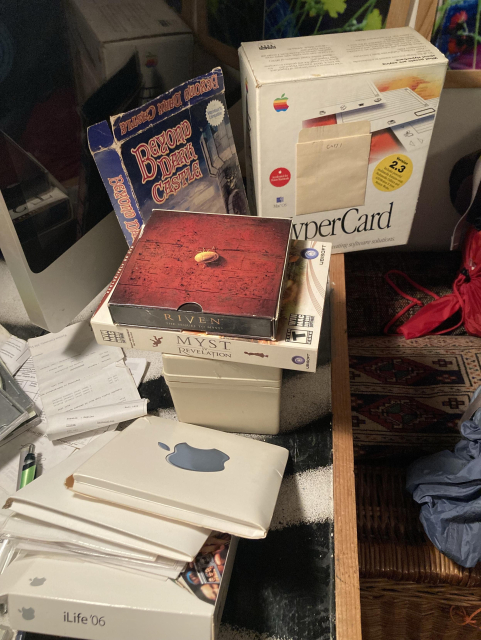
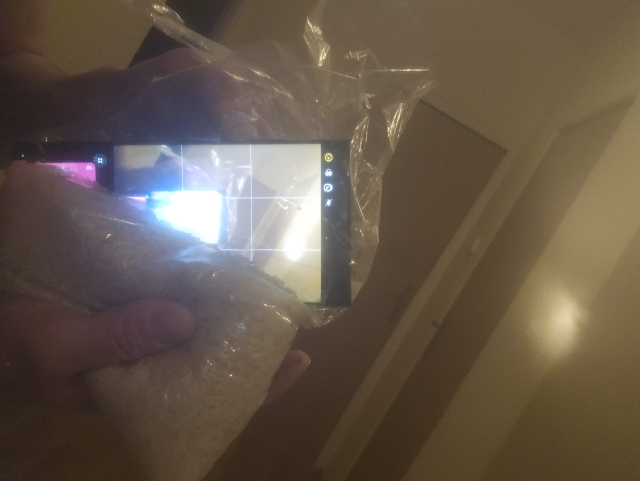


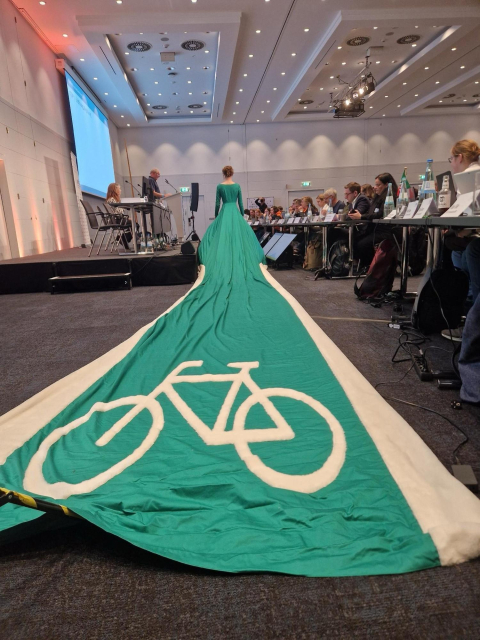


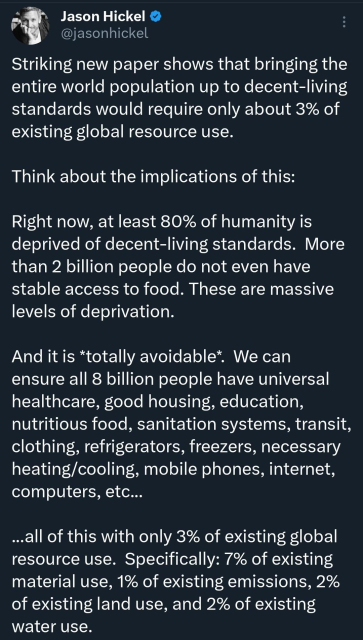

Chris Smart
in reply to Borris • • •Borris
in reply to Chris Smart • • •Andy
in reply to Borris • • •Borris
in reply to Andy • • •youtube.com/shorts/1tBnzSfOk8U
1987 Seiko Mickey Mouse 60th Anniversary Musical Wake Up Quartz Alarm Clock
YouTubeAndy
in reply to Borris • • •